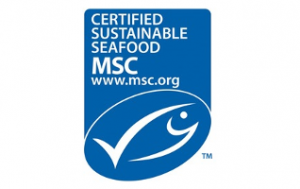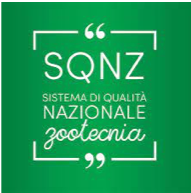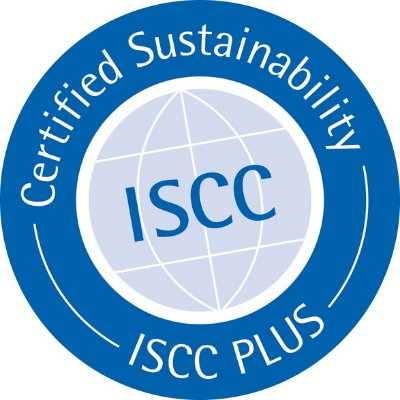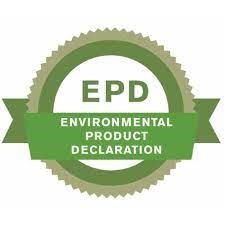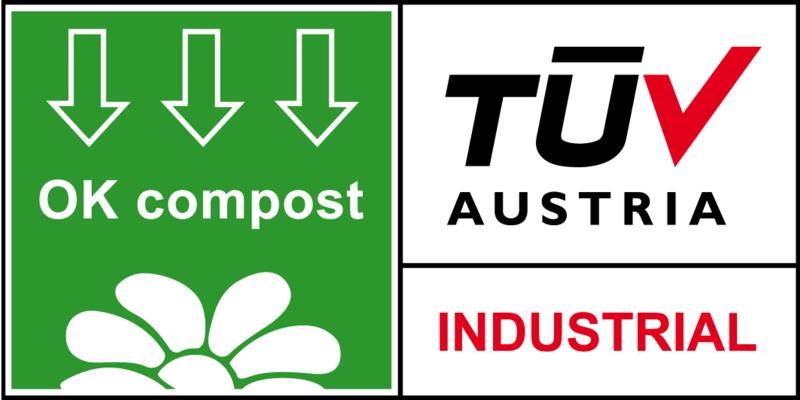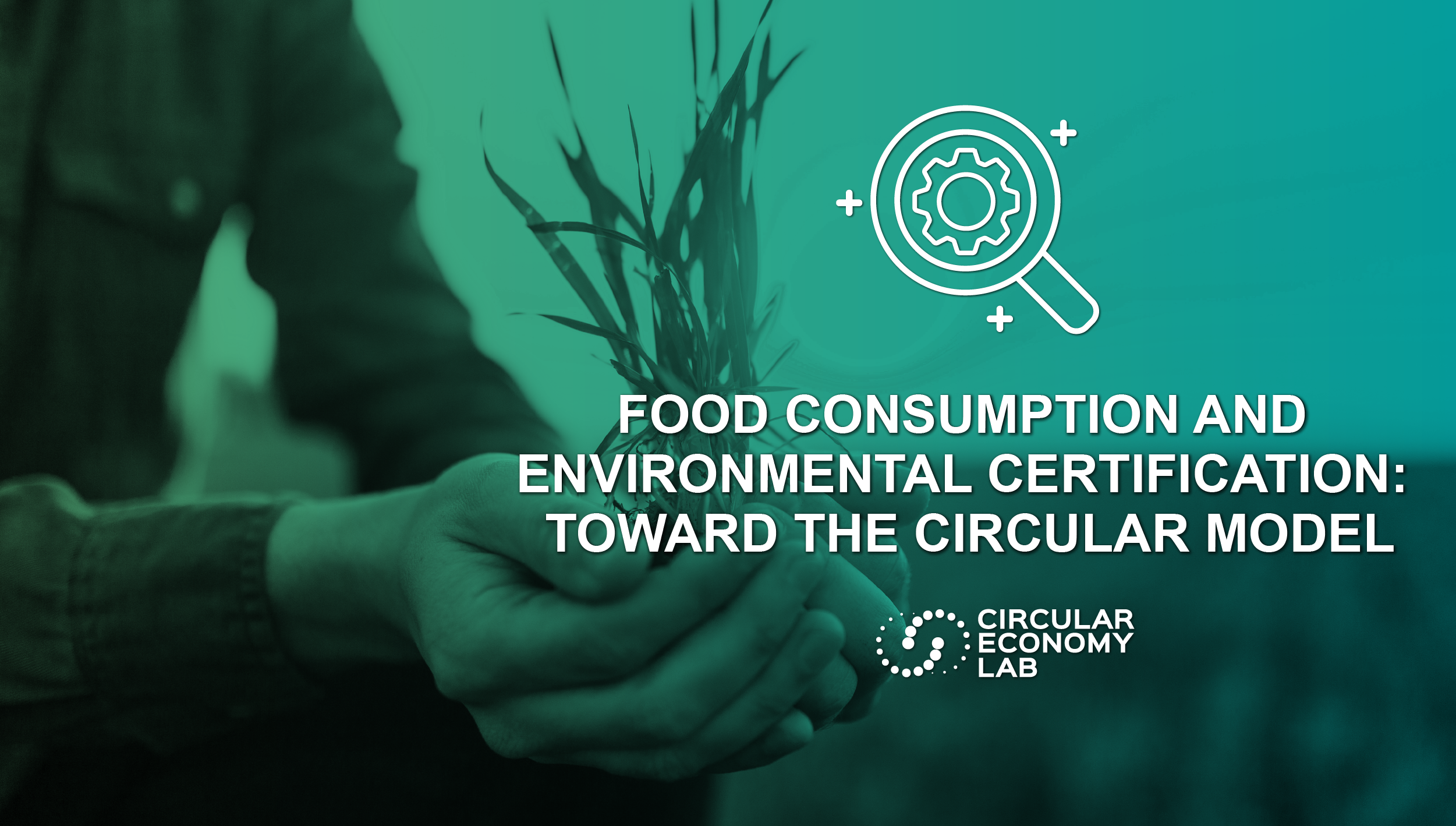
Food consumption and environmental certifications: towards the circular model
As we have seen in occasion of the first article of this series of insights on the food system, the limits of the linear economy in agri-food are so evident that more and more companies and institutions are now engaged in redefining production processes towards a circular economy model aimed at reducing environmental and social impacts, reduce waste, make the supply chain more efficient and the traceability of the latter. All this, however, may be insufficient for this purpose if due account is not taken of new trends and consumer wishes.
The role of the consumer in promoting radical change
According to a study by Deloitte, published in 2022, four of the main trends that will guide the food world and guide its demand will concern the following areas:
- Health and Nutrition: after the Covid crisis, consumers are increasingly concerned about their health. Therefore, a third of Italians identify the diet as a way to take care of their body and well-being, recognizing that nutrition has a value that goes beyond mere physiological needs
- Reduced consumption of foods rich in sugar and fat: due to the rhythms of life and work, the demand for unplannes snacks is increasing, especially healthy ones such as vegetable and rice snacks, legumes, bread chips and dried fruits
- Plant-based foods: id rxpected an exponential growth of plant-based meat alternatives and increased popularity of alternative dairy products (rice, oats, soy) as a way to eliminate animal-based foods and beverages
- Attention to origin and sustainability: consumers are increasingly careful to product labels, to be aware of the origin of the ingredients, preferring products that comply with environmental standards both in terms of packaging and production techniques
Among the actors involved in the supply chain, the consumer is therefore an active promoter of radical change that explicitly calls for the adoption of sustainable models forcing companies to change their production processes, starting with packaging (where reuse models or biobased material choices are increasingly widespread) but also in the agricultural sector, upstream of the chain, where to meet the needs of customers are increasingly spreading methodologies of optimization and resource management.
Industry certifications, and those of production processes
It is in this context that companies - required to demonstrate an increasingly high degree of sustainability to meet the needs of their customers - have begun to certify the results achieved with the aim of communicating and enanching their sustainable and circular products.
Currently there is not a single certifiable standard that has as its object the sustainability of food products to 360°. There are, however, a wide range of initiatives aimed at certifying the origin and methods of cultivation of agricultural raw materials and the environmental impact of products along their life cycle, demonstrating the efforts of companies in this direction.
Conclusion
In conclusion, the agrifood sector is going through a period of significant changes also driven by consumer trends and the growing attention to sustainability issues. Companies are responding to these needs by adopting certifications that aim to demonstrate the commitment to produce responsibly and communicate transparently the sustainability aspects of their products. Consumer awareness and the adoption of sustainable models are shaping the food industry, both in terms of production and consumption, indicating a significant shift in the agrifood sector towards a circular model.

